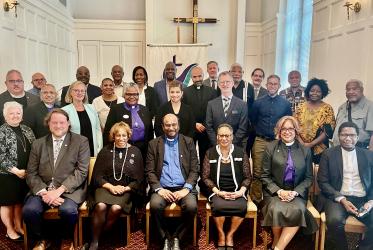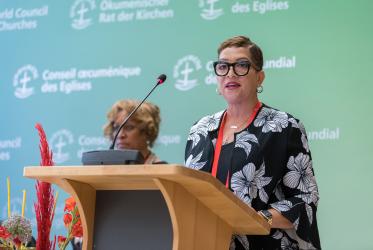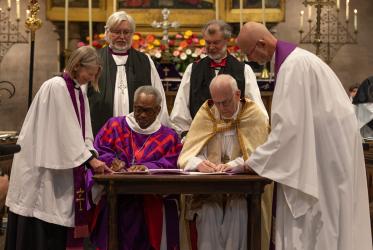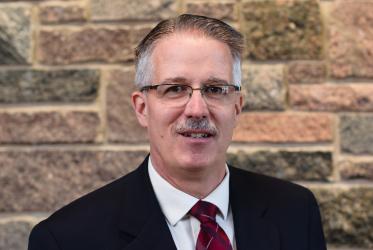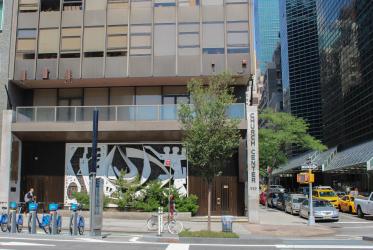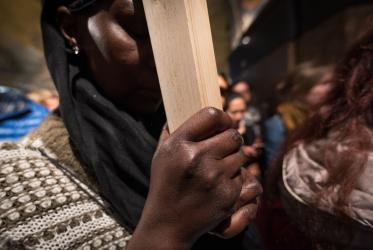Iglesia Evangélica Luterana en América
The Evangelical Lutheran Church in America (ELCA) is the youngest of the large US Lutheran church bodies - and also the oldest. The ELCA was constituted in 1987 and began operation in 1988, as a result of the union of the American Lutheran Church (ALC), the Lutheran Church in America (LCA) and the Association of Evangelical Lutheran Churches (AELC). The ELCA traces its history through predecessor church bodies to the formation in 1748 of the first synod in North America, the Ministerium of Pennsylvania. Two of the uniting churches that formed the ELCA were the result of mergers. The ALC was formed in 1960, bringing together four churches of German, Norwegian, and Danish heritage. Subsequently, in 1962, the LCA was established in a four-way merger of German, Danish, Finnish, and Swedish heritage churches. Those mergers of the early 1960s marked a movement away from ethnic identity for US Lutheran church bodies. By contrast to mergers, the AELC resulted from a break in 1976 from The Lutheran Church-Missouri Synod in a dispute over the authority and interpretation of scripture.
The ELCA represents historical continuity for Lutherans from colonial days as well as the weaving together into one body all of the threads of Lutheran history in North America. Efforts to form the ELCA formally began in 1982 when the three uniting churches elected a 70-member commission to draft the constitution and other agreements. In August 1986, the conventions of the three churches approved the merger. That action led to the ELCA's constituting assembly in May 1987. Its congregations are grouped into 65 synods throughout the US and the Caribbean region, each led by a bishop elected by voting members at a synod assembly to six-year, renewable terms. The highest governing authority in the ELCA is the churchwide assembly, which includes 600 lay voting members equally divided by gender and about 400 clergy voting members. A 37-member church council, elected by the assembly, serves as the board of directors and interim legislative authority between assemblies. The presiding bishop is the ELCA's chief pastor and the executive officer of the churchwide organization. Both the presiding bishop and secretary are elected by the churchwide assembly. Their terms of office are six years and incumbents are eligible for re-election. A lay vice president, who is elected to the volunteer position by the churchwide assembly, chairs the church council.
Units within the churchwide organization include: congregational ministries, rostered ministries, outreach, higher education and schools, church in society, and global mission. Ecumenical relations are coordinated through the office of the presiding bishop and include ecumenical, inter-Lutheran, and inter-religious activities. The publishing unit, located in Minneapolis, is known as Augsburg Fortress, Publishers. A formal relationship of full communion was established in 1997 between the ELCA and the Presbyterian Church (USA), Reformed Church in America, and the United Church of Christ. In 1999, relationships of full communion were formed with the Episcopal Church USA, and with the Moravian Church. As a member of the Lutheran World Federation, the ELCA affirmed in 1999 the "Joint Declaration on the Doctrine of Justification" with the Roman Catholic Church.
